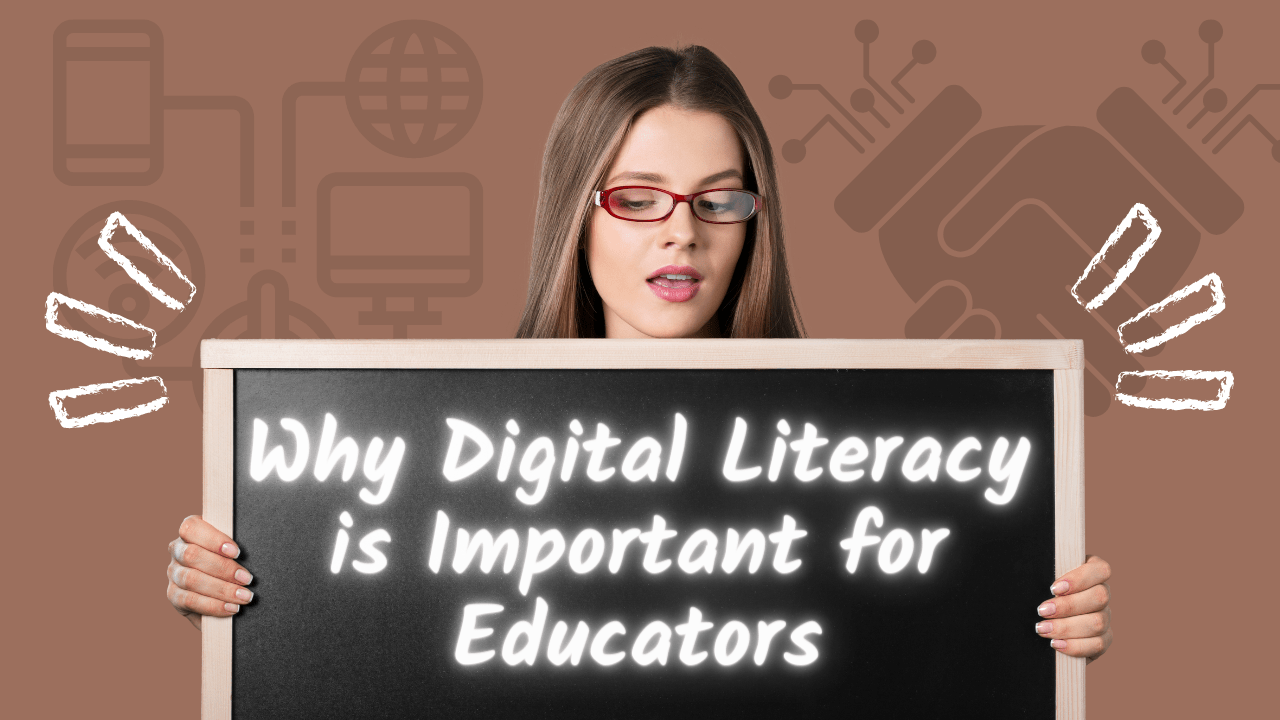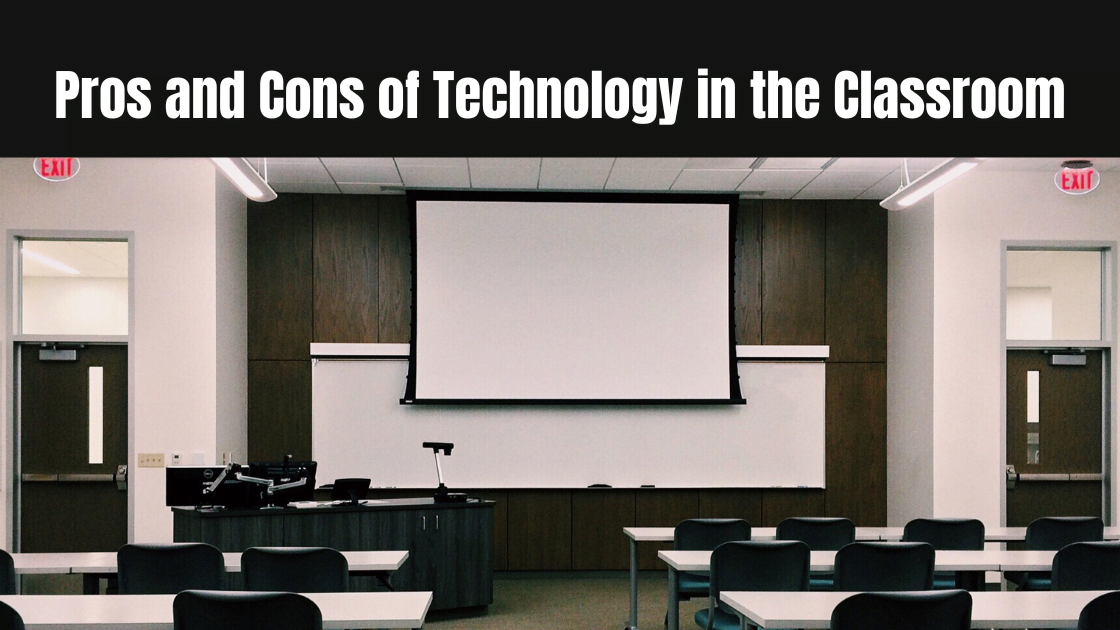What is Digital Literacy?
Most of the sectors of the world have become digitalized along with the education sector. Schools, colleges, and universities are using digital means to teach their students for increased productivity and efficiency. This has made digital literacy almost a necessity for educators.
Since students now use more digital tools than ever, it’s important for teachers to have enough knowledge about the technology to use the tools used in education. In today’s blog, we will be exploring more about the reasons why digital literacy has become important for students. But before we do that, it’s important to understand what digital literacy actually is.
So, let’s begin with that.
Importance of Digital Literacy for Educators
Technology is becoming increasingly important in our world, and that means it is also becoming increasingly important in education. As technology changes and evolves, it can be difficult for teachers to keep up with all of the new developments. This is where digital literacy comes in. It is important for teachers because it helps them keep up with the latest technology trends and learn how to use new technologies in their classrooms.

Digital literacy is an important skill for teachers in the 21st century. With the proliferation of digital tools and resources, it is essential for teachers to be able to use these tools effectively in order to support their students’ learning. Digital skills include the ability to use technology for research, communication, collaboration, and other tasks. To be digitally literate, teachers need to be able to select and use the appropriate digital tools for the task at hand. They also need to be aware of the potential risks and issues associated with using technology, such as data security and privacy.
Digital literacy is important for teachers because it helps them to better understand and use technology in classrooms. It also allows them to engage with their students in a more meaningful way, using technology to enhance learning. Digital literacy also provides teachers with the skills they need to keep up with the ever-changing landscape of education technology.
Reasons Why Digital Literacy is Important for Educators:
Some of the major reasons why digital literacy is important for educators are discussed below:

Engaged Learning:
Teachers can more easily and effectively engage students in learning. Digital tools and resources can help to engage students in learning, by making it more interactive and engaging.
Tailored Learning Styles:
They can better cater to different and tailored learning styles. Digital literacy allows teachers to cater to different learning styles, as there are a variety of digital resources and tools available that can suit different learners.
Interacting Learning:
Teachers can make lessons more interesting. Being digitally literate can help teachers make lessons more interesting and interactive, which can in turn help to motivate and engage students.
It Saves Time and Resources:
Save time and resources. Digital literacy can help you save time and resources, as you can often find digital resources that are free or lower cost than traditional resources.
Access to a Wider Audience:
You can reach a wider audience. Digital literacy can help educators reach a wider audience, as you can share your lessons and resources online using different digital channels with anyone across the globe.
24/7 Accessibility:
When educators know how to use technology the right way, learning becomes accessible 24/7 for students. They can access learning material whenever they want to with the help of different Learning Management Systems.
This helps teachers also since they are not bound to a time period for teaching. They can teach according to their easy time schedule.
Read also: Exploring the Features of RTI Scheduler for Students
Conclusion
In a world where technology is constantly changing and evolving, it’s crucial for educators to be able to keep up. By learning digital skills, teachers can better understand and use the latest technologies in their lessons. This can help them improve student engagement and success. Not only this, digital literacy can help teachers to better prepare their students for the future, as they will need to be able to use technology in their careers.




